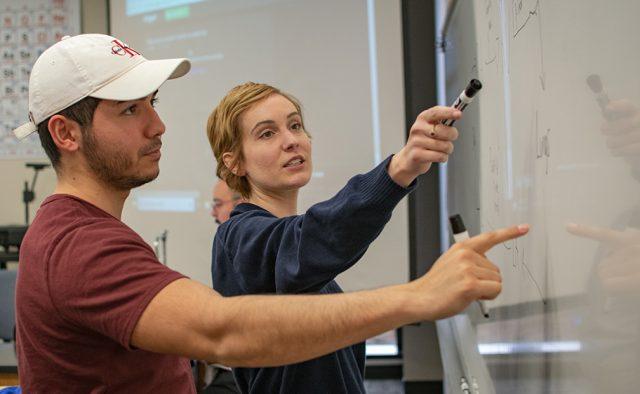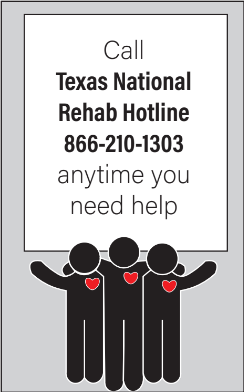By Hunter Krebel/reporter
Masika Smith, a longtime sufferer of depression, recently made an important decision for her life: She would set out to change the public stigma on mental health.
On Jan. 30, the NE counselor stood in front of about 20 students to tell them about the misconceptions of mental disorders as well as her own struggles with depression.
She discussed the facets of mental disorders and how to identify them, provided students with resources and information on how to deal with and identify mental disorders and used her own experience to explain why people sometimes feel ashamed, or scared, to admit their mental illnesses.
She told the students that she decided she would take a risk for herself.
“It’s not that I’m selfish.” Smith said. “I’m doing this because if we’re all talking about removing stigmas about mental health. How will that happen if I am not comfortable talking about my own mental health?”
Five years ago, Smith was suffering a lot of stress. Her son was three years old, she was overworked and she was displaying worrying physical symptoms.
Eventually, her husband took her to a doctor’s appointment. When she tried to describe her feelings to the doctor, Smith started crying. The doctor gave her a prescription of Zoloft to help her “get through the season” and advised her to start going to therapy sessions. For a while, things were better for her.
However, when she stopped the medication, the sadness returned.
“I was going through a really difficult time with my family,” she said. “Issues that were very tense, very deep. I wasn’t feeling well.”
She recognized these symptoms but simply thought she was just going through another rough patch. She received another prescription and started feeling better. However, six months later, she stopped taking the medication, and the feelings of sadness returned again.
The breaking point came last September during Suicide Prevention Awareness Month. On Labor Day weekend, she was alone at home when she thought, “This would be a perfect way of dying, in this silence. It would be just perfect to leave this world, all the stress, with all this going on.”
Startled by this thought, she called her cousin, who recommended she schedule a doctor’s appointment. The day after Labor Day, she met with a doctor, who informed her she was suffering from depression and advised her to stay on her medication. Ever since then, things have been good for her.
“I hope that people can talk about anything that’s troubling them,” she said. “I hope that they can come talk to us in our office if they need help.”
NE student Crystal Nunez said Smith’s speech was helpful.
“I never realized she was struggling with mental health issues,” Nunez said. “So, I think the resources she gave out for students will help take the stigma out of people having some feeling and being able to open up and come forward.”
NE special services coordinator Ronda Isaacs also came to hear Smith speak and thought the lecture was good, mentioning how much she enjoys advising students and helping them, including those who suffer from mental disorders.
“The reason I went into career counseling is because I do enjoy figuring out what gifts and talents they already have,” Isaacs said. “I absolutely love working with students, and that’s why I wanted to work at TCC.”





























